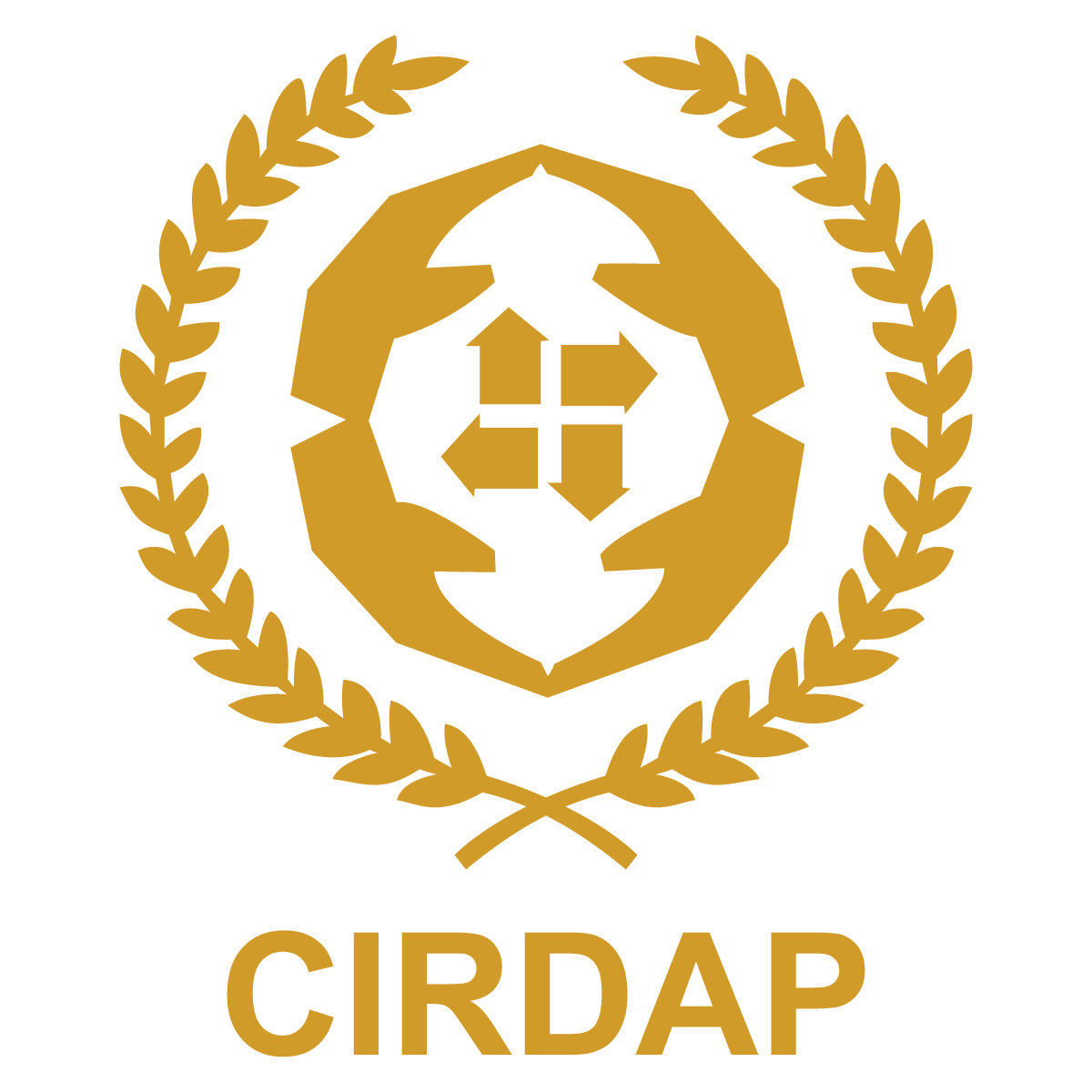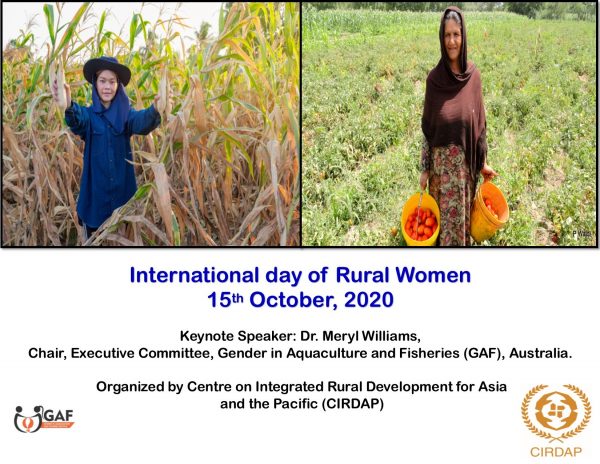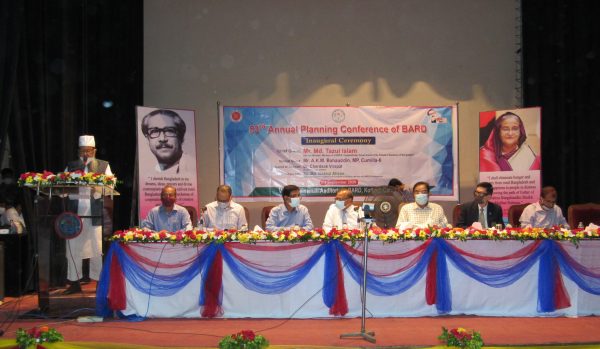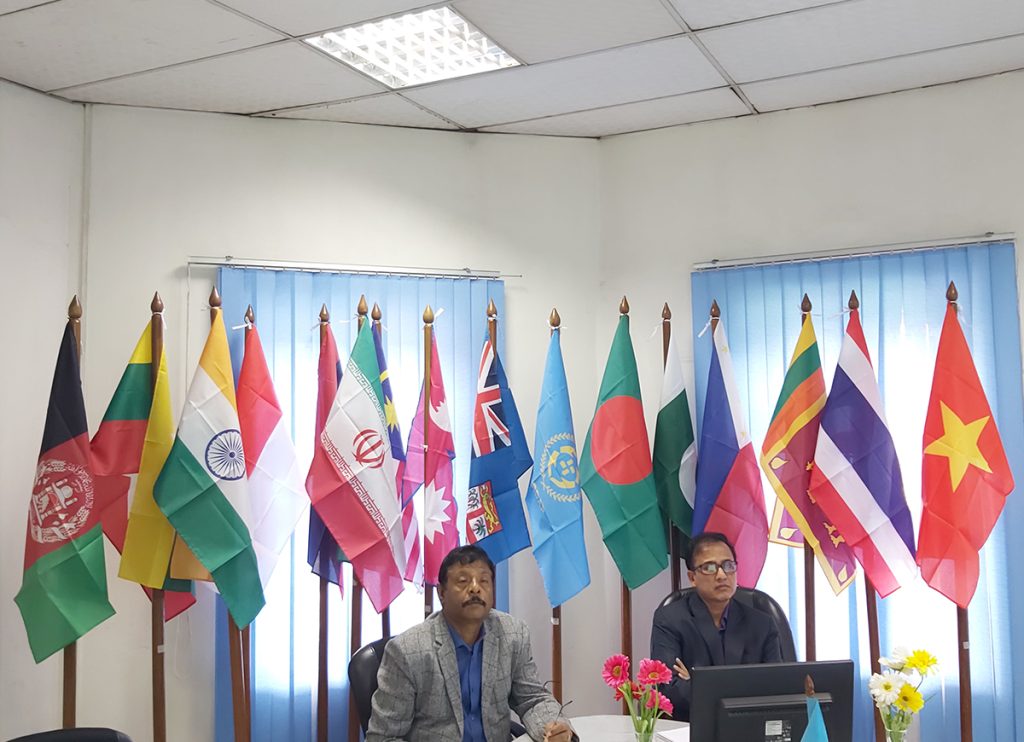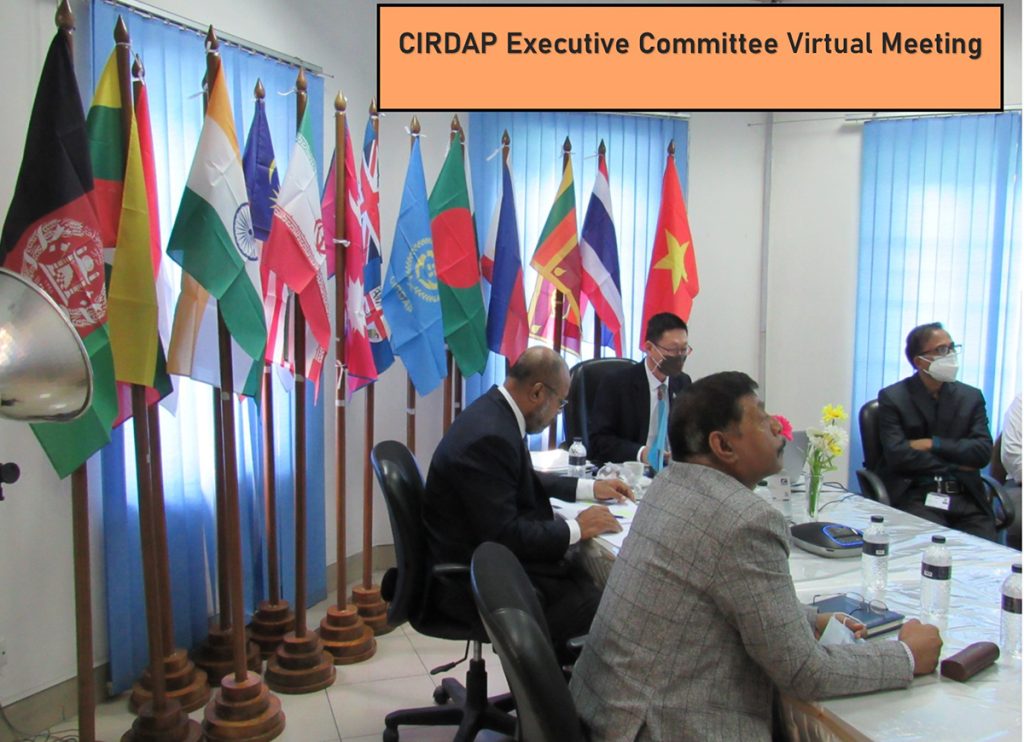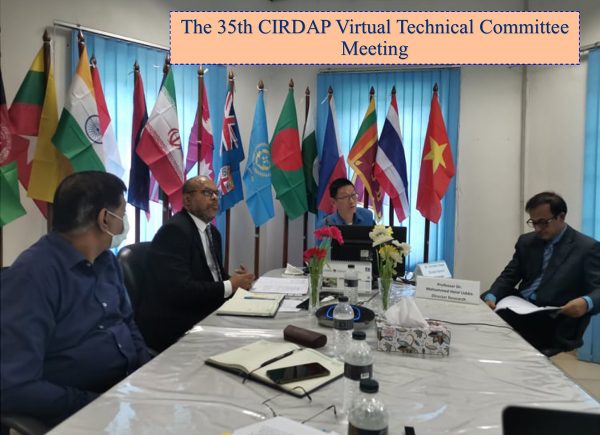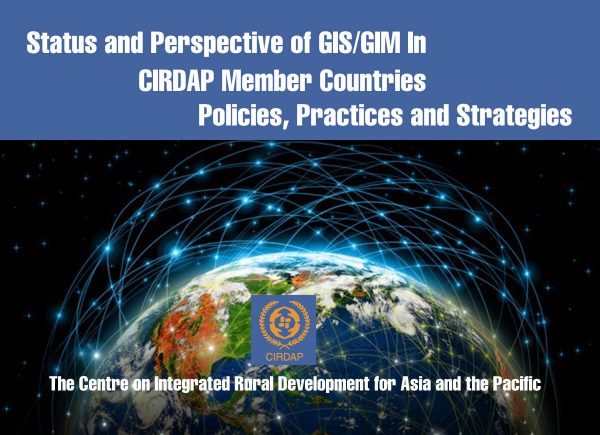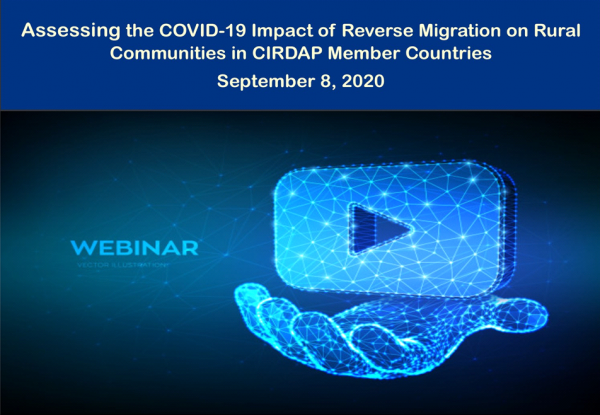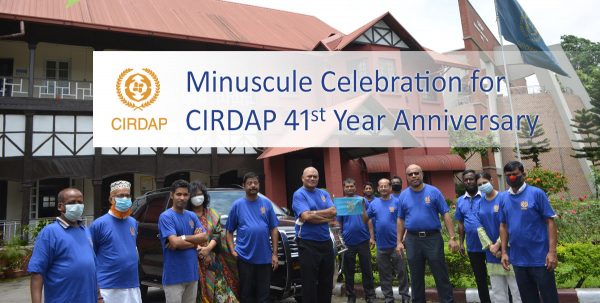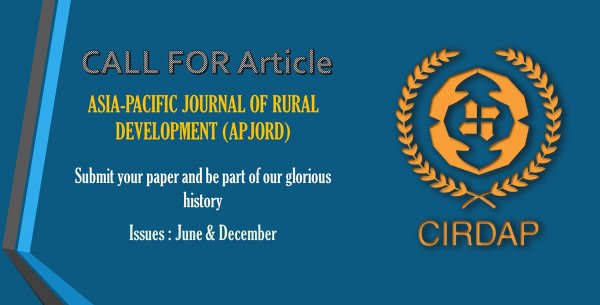International Day of Rural Women on Thursday, 15th October 2020
CIRDAP is going to organize a webinar for the celebration of the International Day of Rural Women on Thursday, 15th October 2020. The day of 15 October was established at the United Nations General Assembly of 18 December 2007, to recognize the critical role and contribution of rural women in enhancing agricultural and rural development, improving food security and eradicating rural poverty. As a key agents for development, Women plays a catalytic role towards achievement of transformational economic, environmental and social changes required for sustainable development. Empowering women is essential, not only for the well-being of individuals, families and rural communities, but also for overall economic productivity, given women’s large presence in the agricultural work force worldwide. The effects of the Covid-19 pandemic are disproportionately affecting rural women’s productive, reproductive and income-generating capacities. It is crucial to adopt special measures to support rural women’s engagement in the agri-food value chains. In this webinar, the keynote speaker will be Dr. Meryl Williams, Chair, Executive Committee, Gender in Aquaculture and Fisheries (GAF), Australia. Last 40 years, she has worked in Australian and international fisheries, aquaculture resource conservation and agricultural research and development. Currently, she is focusing on research and advocacy on women and gender in aquaculture and fisheries, and information and science for fair and responsible fish production for food security and nutrition. If you wish to join in the webinar, please join in the below zoom link: This link is for 15 October 2020 Webinar: International Day of Rural Women. Join Zoom Meeting: click here Meeting ID: 865 4672 2733 Passcode: 545784 Find your local number: click here
